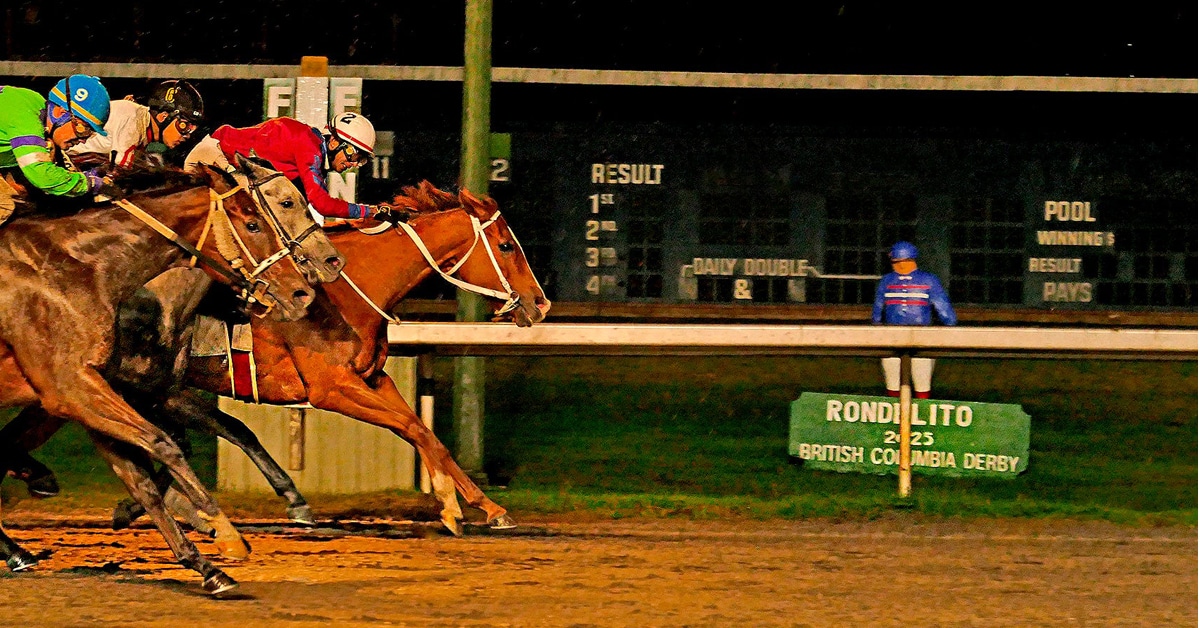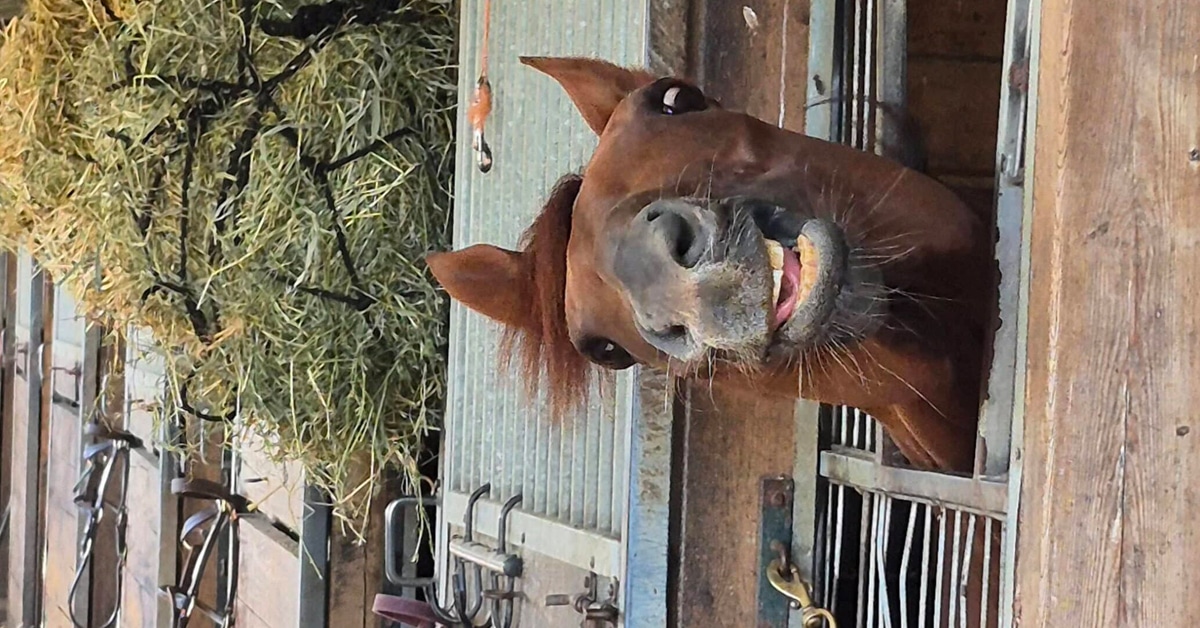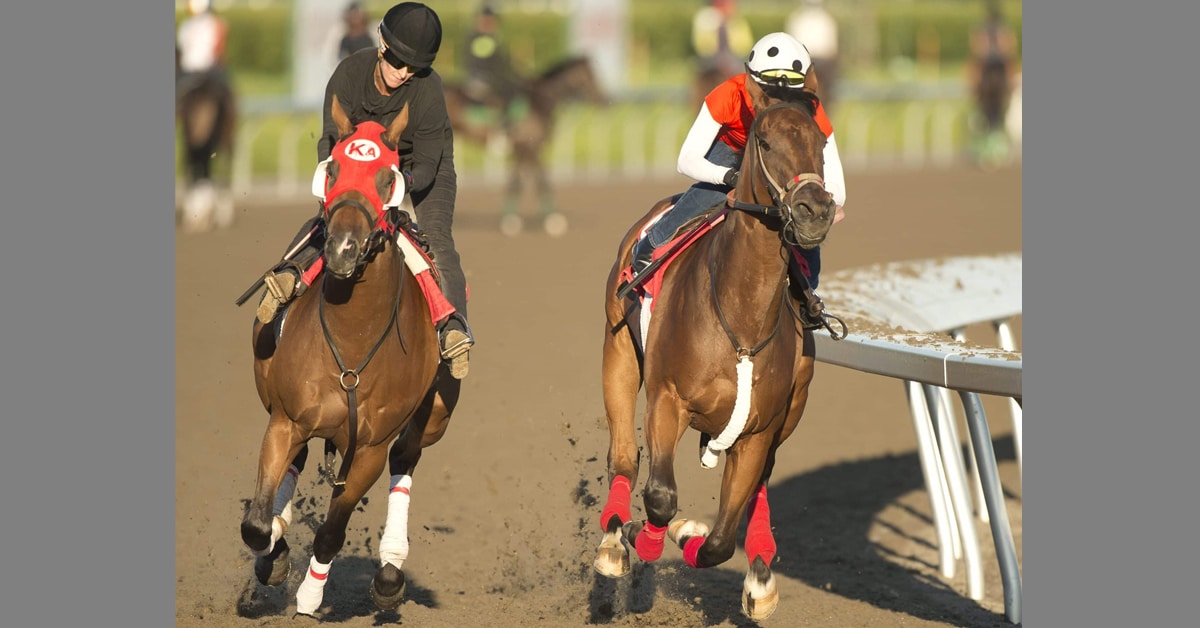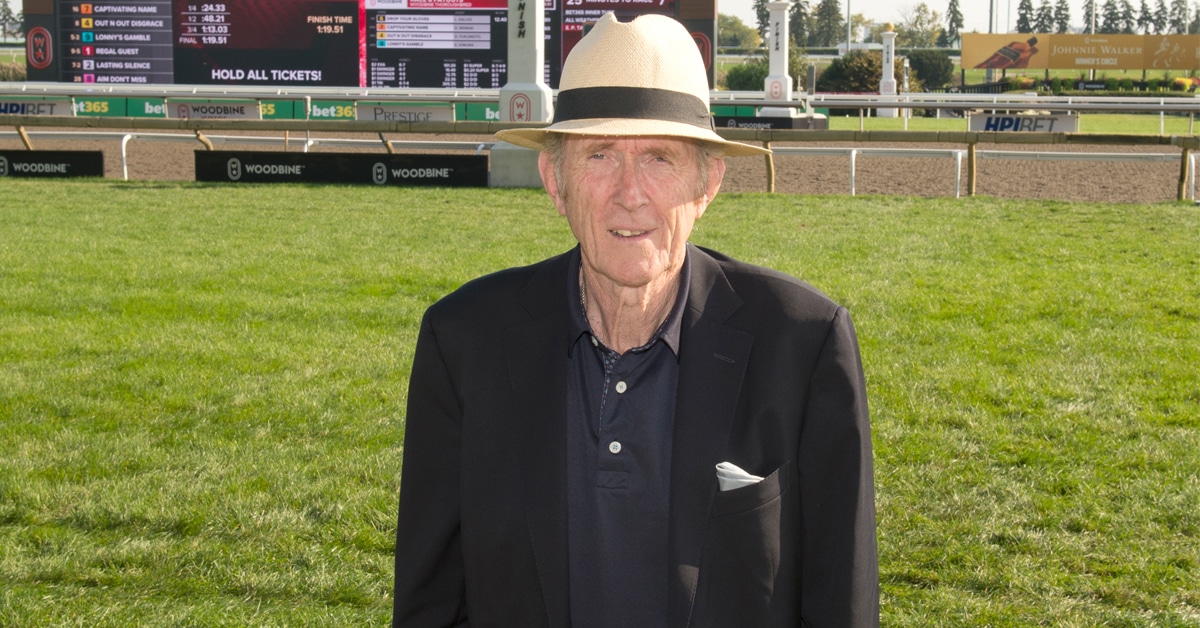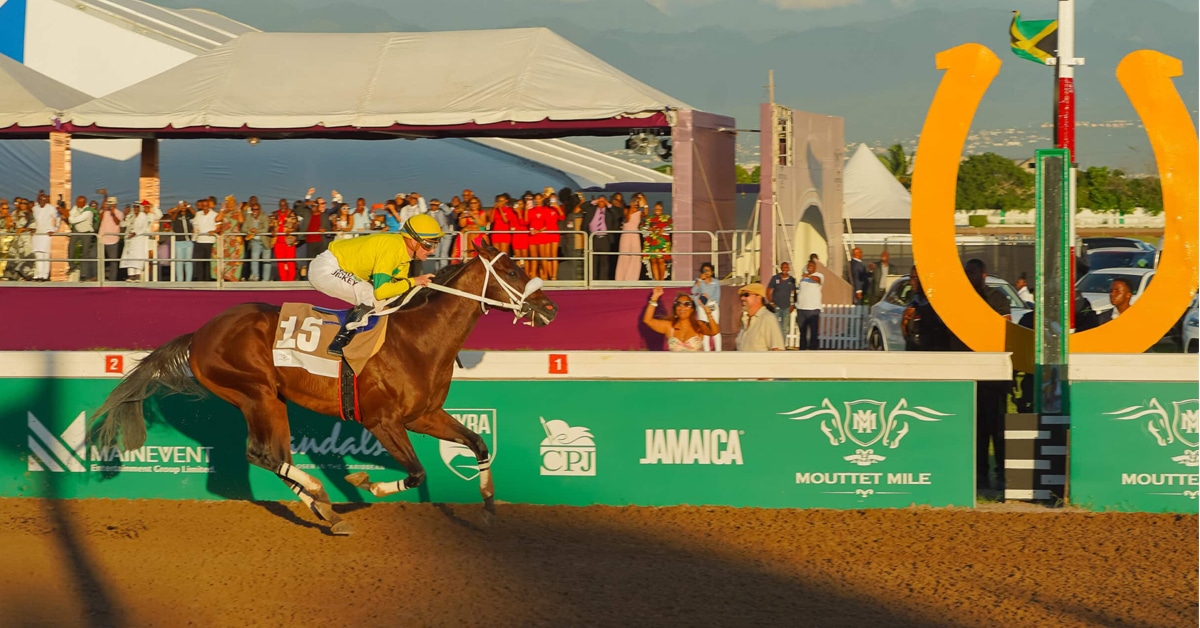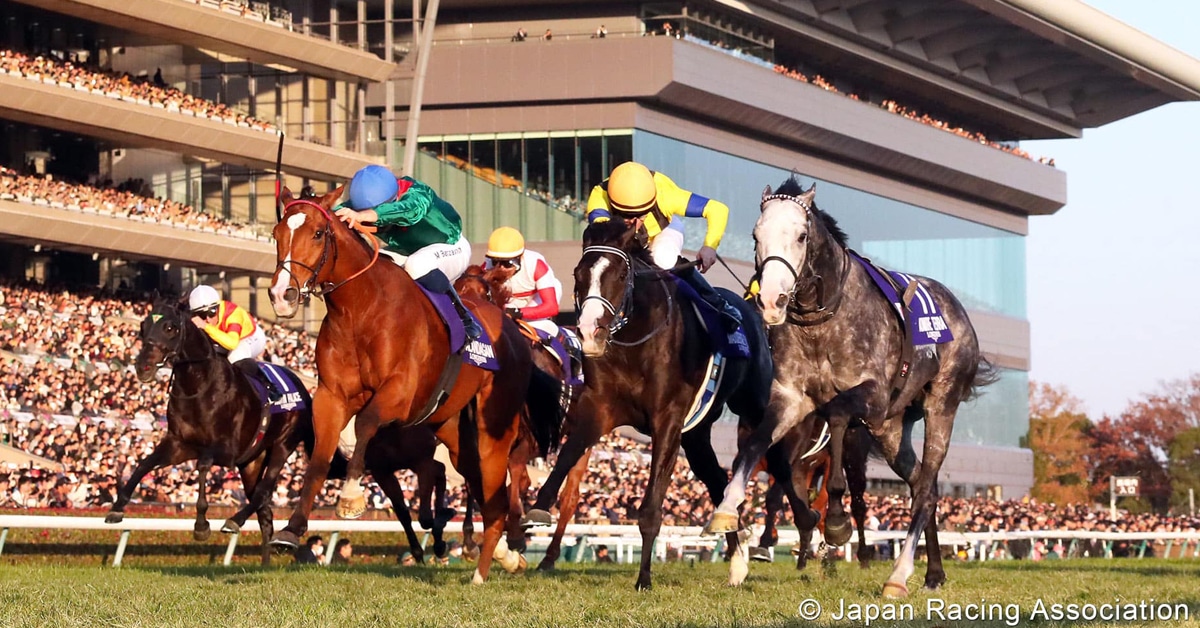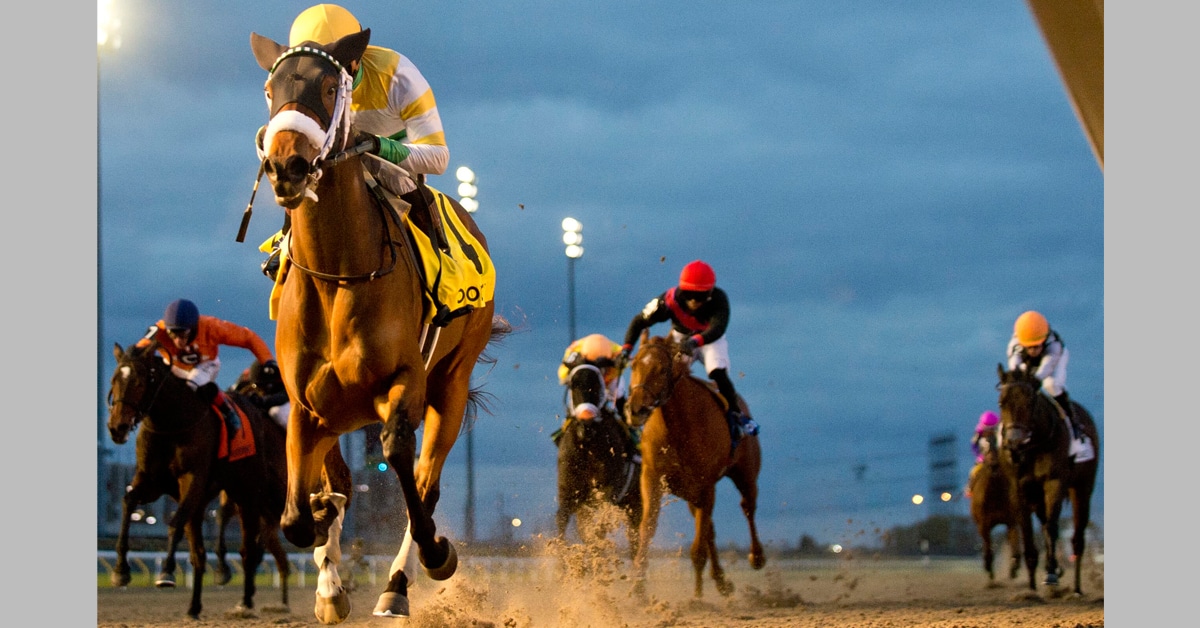The resumption of Historical Horse Racing, also known as Instant Racing, hit another snag on Jan. 21 in the Kentucky Supreme Court. It stated it would not revisit a ruling made last September which said the some of the machines used at tracks in Kentucky are not true pari-mutuel wagering under the definition. The machines, which resemble a slot machine but allow for players to bet on replays of races (that are shown after a wager is played).
According to the Paulick Report, more than $2.2 billion was wagered on historical horse racing at four Kentucky racetrack facilities in the 2019-’20 fiscal year that ended in June, with gross commissions of $188.9 million. Nearly $15.6 million went into the Thoroughbred Development Fund, $1.8 million for the Standardbred Development Fund, $650,000 for the Equine Industry Program, $320,000 to Equine Drug Research, $320,000 to the Higher Education Fund and $15.2 million to the Kentucky General Fund.
In the spring of 2020, Woodbine Entertainment’s president and CEO Jim Lawson announced that Ontario Racing and the racing industry in Canada were seeking a change in the Criminal Code to allow for historical horse racing machines in tracks.
by Steve Bittenbender
The Kentucky Supreme Court on Thursday announced it would not revisit an opinion it gave last fall when it stated select historical horse racing (HHR) machines did not meet the definition of parimutuel betting. That decision leaves one of the state’s signature industries at a crossroads as it waits for lawmakers to potentially rectify the issue.
The court, in a one-sentence ruling, denied a request by the Kentucky Horse Racing Commission and the state’s racetracks for a rehearing. For now, that means the case goes back to the Franklin Circuit Court, which must now use the court’s Sept. 24 opinion to create an order.
HHR machines look like slot machines and from the outside operate similarly. However, the machines use the outcomes of previously run horse races to determine if a bettor wins.
The state justices said bettors playing the machines wager on a different event or series of events than others. Because of that, and because tracks provide money in advance to the cover HHR jackpots, they do not meet the definition of pari-mutuel wagering. The court also said the KHRC did not have the authority to approve new forms of gaming on its own.
Read more here.
~ with files from Casino.Org
More News
